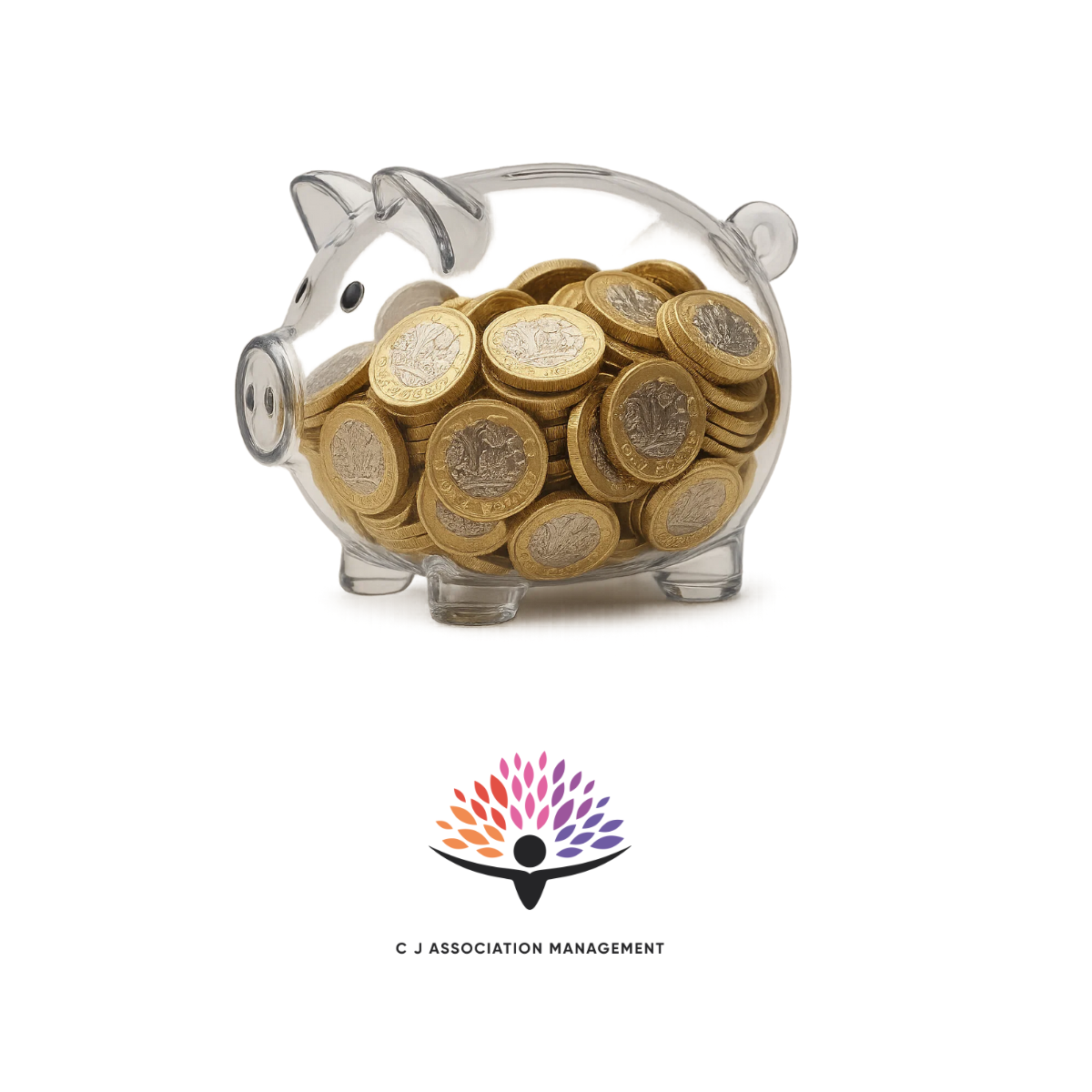LGcomms Academy 2025 showed just how powerful an association conference can be when creativity leads…
Sweeping intellectual property reforms
The Government today announced plans to support economic growth by modernising UK intellectual property laws. Ministers have accepted the recommendations made in an independent review which estimate a potential benefit to the UK economy of up to £7.9 billion.
The recommendations were made in May 2011 by Professor Ian Hargreaves in his report, – ‘Digital Opportunity: A review of intellectual property and growth’. Modernising intellectual property law is a key action from the Government’s Plan for Growth, published in March alongside the Budget, which will help create the right conditions for businesses to invest, grow and create jobs.
Announcing the Government’s response to the review, Business Secretary Vince Cable said:
“The Government is focused on boosting growth and the Hargreaves review highlighted the potential to grow the UK economy. By creating a more open intellectual property system it will allow innovative businesses to develop new products and services which will be able to compete fairly in the UK’s thriving markets for consumer equipment.
“We are accepting the recommendations and will now set about reforming the UK’s intellectual property systems. Opening up intellectual property laws can deliver real value to the UK economy as well as the creators and consumers.”
The Chancellor George Osborne said:
“Our future depends on exploiting knowledge and ideas to their full potential and the Government is committed to build upon this county’s great strength in intellectual property.
“As part of our Plan for Growth, the Government’s broad acceptance of the Hargreaves review will make it easier to use Intellectual Property to create value and growth in the economy and across our society, in ways that are fair to everyone.”
Among the recommendations that have been accepted are:
The UK should have a Digital Copyright Exchange; a digital market place where licences in copyright content can be readily bought and sold. The review predicted that a Digital Copyright Exchange could add up as much as £2 billion a year to the UK economy by 2020. A feasibility study will now begin to establish how such an exchange will look and work. The Government will announce arrangements for how this work will be driven forward later in the year.
- Copyright exceptions covering limited private copying should be introduced to realise growth opportunities. Thousands of people copy legitimately purchased content, such as a CD to a computer or portable device such as an IPod, assuming it is legal. This move will bring copyright law into line with the real world, and with consumers’ reasonable expectations.
- Copyright exceptions to allow parody should also be introduced to benefit UK production companies and make it legal for performing artists, such as comedians, to parody someone else’s work without seeking permission from the copyright holder. It would enable UK production companies to create programmes that could play to their creative strengths, and create a range of content for broadcasters.
- The introduction of an exception to copyright for search and analysis techniques known as ‘text and data mining’. Currently research scientists such as medical researchers are being hampered from working on data because it is illegal under copyright law to do this without permission of copyright owners. The Wellcome Trust has said that 87 per cent of the material housed in the UK’s main medical research database is unavailable for legal text and data mining, that is despite the fact that the technology exists to carry out this analytical work.
- Establishing licensing and clearance procedures for orphan works (material with unknown copyright owners). This would open up a range of works that are currently locked away in libraries and museums and unavailable for consumer or research purposes.
- That evidence should drive future policy – The Government has strengthened the Intellectual Property Office’s economics team and has begun a programme of research to highlight growth opportunities. One report has already shown that investments made by businesses in products and services that are protected by intellectual property rights (IPRs) are worth £65 billion a year.
Alongside the Government response, a new intellectual property crime strategy and international strategy for intellectual property have been published.
The crime strategy outlines how the Intellectual Property Office will continue to enforce IP crime issues domestically. Counterfeit goods often use other company’s trade marks or infringe their copyright, which can lead to financial losses. The international strategy sets out the UK’s five year vision to get the international IP framework in the best possible shape to support innovation and growth. Patent backlogs cost the global economy up to £7.4 billion a year.
Minister for Intellectual Property Baroness Wilcox said:
“Intellectual property is a key UK export and global trade in IP licenses alone is worth more than £600 billion a year. UK businesses need to have confidence in the international IP framework so they are able to create and exploit value from their ideas.”
The Department for Culture Media and Sport (DCMS) has also laid out the next steps for implementing the mass notification system in the Digital Economy Act. This involves letters being sent to internet account holders when their internet connection has been identified as linked to unlawfully shared copyright material.
The letters aim to educate people about copyright and point them toward legitimate content. They also seek to inform subscribers their internet connection may have been used by others to unlawfully share copyright material. For example parents may be unaware their children are using their internet connection to unlawfully share copyright material.
The Government has decided to introduce a £20 fee for subscribers wishing to appeal detected instances of unlawful sharing of copyright material they have been notified about. The fee will be refunded if the appeal is successful.
A report by Ofcom, which is published today, identifies a risk of the system being overwhelmed by vexatious appeals from people determined to disrupt the system. Government expects that a £20 fee should deter appeals without deterring genuine appeals.
Ofcom was also asked to consider whether the site-blocking provisions in the Digital Economy Act would work in practice. The Act contains reserve powers to allow courts to order that websites dedicated to copyright infringement are blocked. The regulator concluded the provisions as they stand would not be effective and so the Government will not bring forward the Act’s site-blocking provisions at this time.
Creative Industries Minister Ed Vaizey said:
“We need a copyright system fit for the digital age. Creating these new exceptions to copyright will enable innovators to develop new products and services.
“But it is essential that businesses have the right tools to protect their hard work and investment in the digital age.
“The UK’s creative industries are a key part of our economy but online copyright infringement poses a real threat to their continued success.
“Our creative industries must be able to protect their products and the Digital Economy Act will help them do that.”



